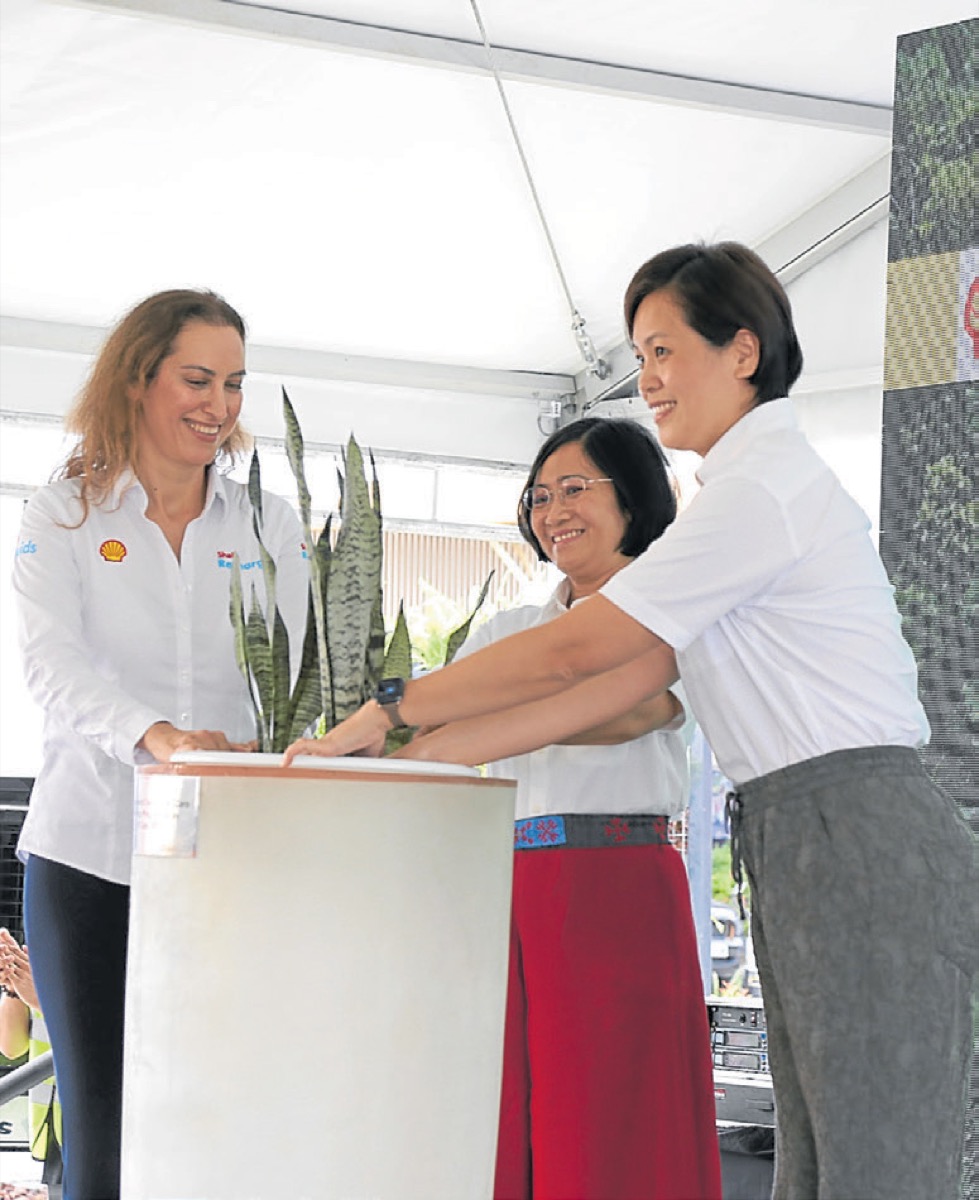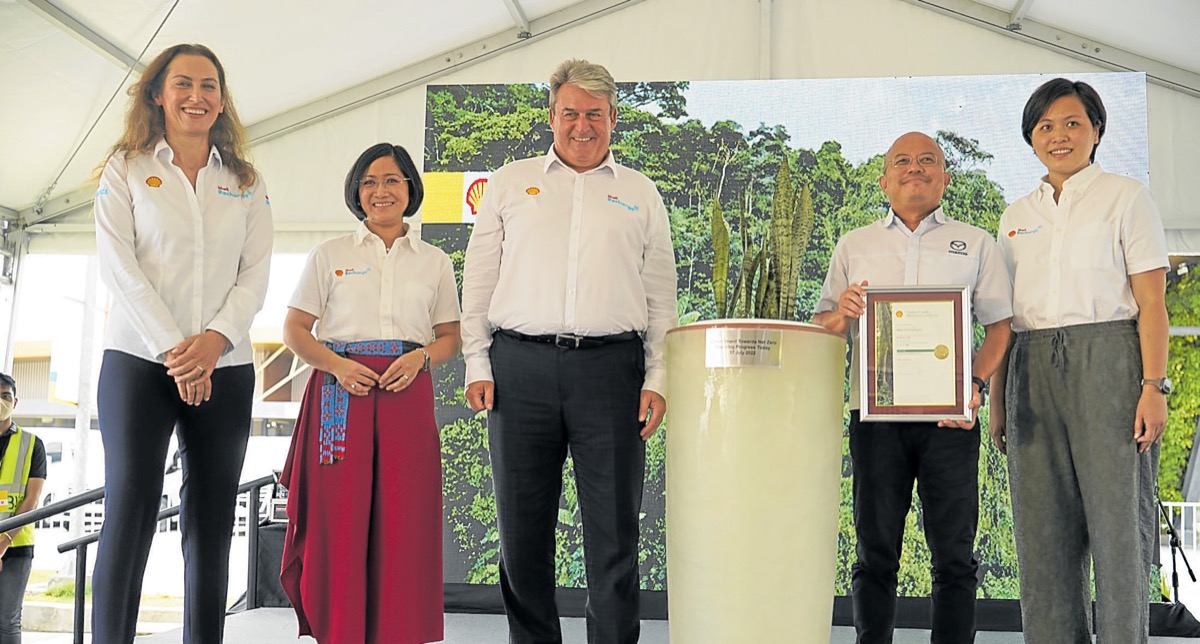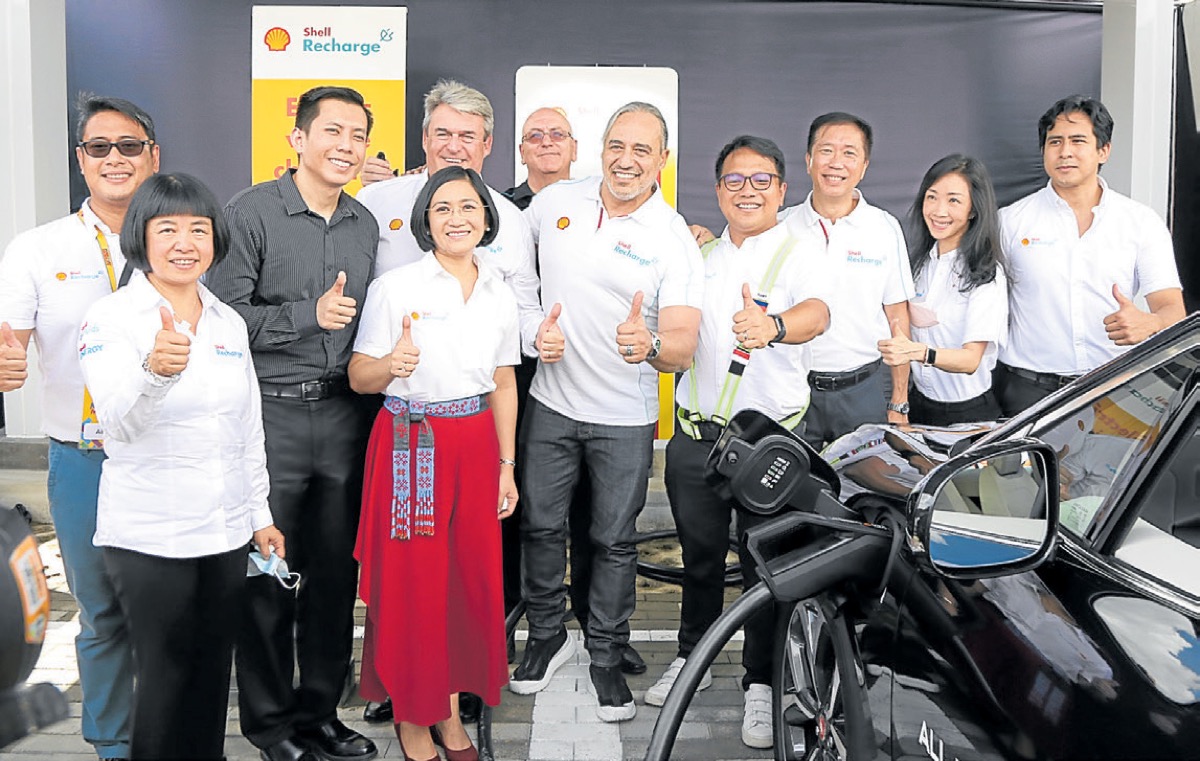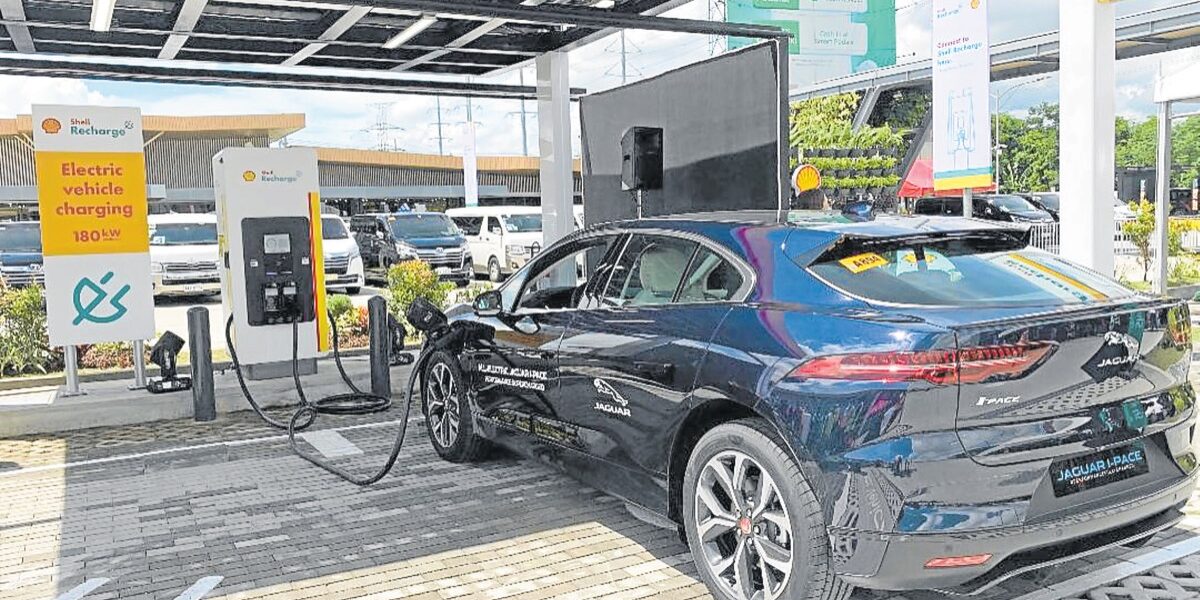As the world comes to grips with rising fuel prices brought about the conflict in Ukraine and widespread inflation at a global scale, it’s still battling to recover lost momentum brought about by the COVID pandemic that saw all life virtually grind to a halt for two years. People slowly return to their normal lives, business start to pick up pace, borders open up, commerce and transactions resume once again. But COVID or not, the world is also slowly chocking from green-house gasses and 2019 arguably saw mankind at its peak economic progress, which also means massive spending, wealth generation and unfortunately, conspicuous consumption leading to much waste, pollution and garbage.
Shell Fuels recognizes this danger. And the company has decided to make one of the first concrete steps in addressing pollution, waste and greenhouse gasses by offering an alternative means of powering self-propelled mobility. Ironic, isn’t it? Are they washing their dirty, soot-filled conscience? Is this just lip service, a PR stunt at best then forgotten and mothballed eventually?
Having been around Pilipinas Shell for a long time, first as a client of their excellent fuels, and later as a guest to their events, and now a friend to many of the amazing people who work there, you realize that the people are genuinely filled with a deep sense of pride and loyalty for their company, for their brand. Because the people in white coats there have a sense of humor, are passionate about their job (and Formula One too!), and ultimately know they are working to deliver a better future and help bring the world out of energy poverty by making affordable energy in all its form more widely available, cheaper, more accessible and cleaner to even the most neglected and most remote communities in the world.
Shell recently launched their first Nature Based Solution (NBS) Carbon Offset Service and Shell Recharge, the company’s first high-powered ultra-rapid charging system for electrical vehicles in the country, the very first of its kind open to the public.
“Shell is rapidly becoming the Philippines’ leading mobility company and this launch is a testament to the range of its offer to motorists.The NBS Carbon Offset Service and Shell’s first EV charger in the country are among the initiatives to reduce carbon emissions and to cater to a growing number of customers whose needs are changing fast.”
—Istvan Kapitany, Global Executive Vice President for Shell Mobility
“We are making sure that Shell sites will become the go-to place for all customers, whether they drive traditional or EV, thanks to an integrated offer of fuel, EV and convenience retail. They will be mobility destinations for everyone,” Kapitany added.
The launch of Shell Recharge and Shell NBS Carbon Offset Service is part of the steps that Pilipinas Shell is undertaking to meet its goal towards a lower carbon footprint.
Through these new offerings, Shell will now cater to EV users and customers who are on their carbon-offsetting journey.



Shell Recharge will initially be available in Shell Mamplasan starting this month, and will gradually roll out to more Shell Mobility stations within the next 12 months. Eight other sites have already been identified. The two chargers at Shell Mamplasan utilize a CCS / Type 2 EV charging plug which seems to be the industry standard that has been adopted by the European brands such as Audi, BMW, Jaguar and Porsche. As more EVs come into the market, we do hope the industry adopts a single unified plug standard as the Japanese and Americans also use different plugs.
The 180kwh charger can charge most large EV cars from 20% to 80% in 30 minutes or less. At a rate of P65 / minute, a typical 30-minute charge would cost the consumer P1,950. In comparison, a typical mid-sized luxury SUV / sedan with anywhere between 70 to 80 liters of fuel would cost between P5,500 to P7,000 for mid-grade 95 octane fuel (typical minimum octane requirement). It will cost more if it’s diesel. Your 30-minute charge in an EV can deliver anywhere from a low of 380 kilometers to a shade over 500 kilometers of range. Convinced yet?
Shell NBS Carbon Offset Service will be available within 15 sites including Shell Mamplasan by July, with a target of 100 sites by the end of year. The NBS Carbon Offset Service charges you P2.50 per liter to help fund Shell’s environmental conservation efforts so you can be one with helping to preserve and improve our world.
I applaud Shell Pilipinas for taking this first bold step forward, and I applaud the bright, humorous and amazing people behind the company of course! Here’s hoping that the rest of the private sector can also pick-up the pace and follow Shell’s lead to a cleaner, greener, more sustainable and more enjoyable future!
For more details, please visit shell.com.ph







